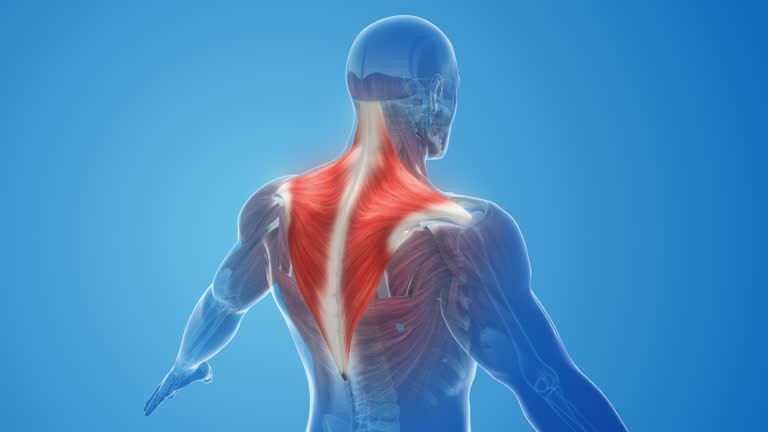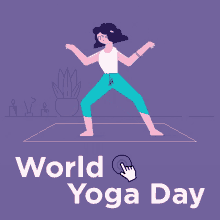Muscle tension is something many people deal with every day. It can start with a small tightness in the neck or shoulders. It can also show up as stiffness in the back, legs or even the jaw. Most of the time, people do not realize that their daily habits play a big role in creating this tension. The good news is that understanding the root causes makes it easier to manage and reduce discomfort. Muscle tension happens when a muscle stays tight for a long time. This tightness affects blood flow and makes the muscle feel sore or stiff. Stress, long working hours, and lack of movement are some of the most common triggers. When the body is under pressure, even small tasks can make the muscles contract without us noticing. Over time, this becomes a cycle of discomfort that needs attention.

Common Everyday Habits That Cause Muscle Tension
- Poor Posture
Sitting or standing incorrectly is one of the biggest contributors to muscle tension. Many people sit for long hours with their shoulders lifted, back rounded or neck pushed forward. This posture forces the muscles to work harder than they should. As a result, the shoulders and back become tight.
- Stress and Overthinking
The body reacts to stress by tightening muscles. When you feel anxious, worried, or overwhelmed, your neck, shoulders, and upper back may become stiff. This tension builds slowly and can last for hours or even days. Emotional stress often affects physical comfort more than people expect.
- Lack of Movement
A sedentary lifestyle is another major cause. When the body stays in one position for too long, the muscles do not get the flexibility and stretching they need. Over time, this creates stiffness, especially in the lower back, hips, and legs.
- Overuse of Muscles
Some people strain their muscles by doing repetitive tasks. This can include typing, lifting objects, or even exercising without proper stretching. Repetition leads to tired muscles that struggle to relax naturally.
- Poor Sleep Positions
Your sleeping position can also affect muscle tension. Sleeping with the neck at a strange angle or using a pillow that does not support your spine can cause stiffness in the morning.
Red Light Therapy for Muscle Tension
Many people today look for gentle and natural ways to relax tight muscles. Some individuals use red light therapy at home to support muscle relief. This method works by delivering gentle light to the skin, which may help improve circulation and reduce discomfort caused by muscle tension. People find it helpful because it is easy to use and fits well into a daily routine without needing to visit a clinic.
How Muscle Tension Affects Daily Life
Muscle tension can impact your focus, sleep, and overall energy levels. A tight body makes it harder to perform simple tasks like bending, walking or lifting. It can also lead to headaches, irritability and reduced productivity. When left unaddressed, tension can turn into long-term discomfort that affects daily comfort.
Natural Ways to Reduce Muscle Tension
- Stretching Daily
Simple stretching is one of the easiest ways to relax stiff muscles. Stretching increases blood flow and reduces stiffness. Even five to ten minutes of stretching can help the body feel lighter and more relaxed.
- Practicing Deep Breathing
Deep breathing helps reduce stress, which is one of the main triggers for muscle tightness. Slow breaths calm the mind and allow the muscles to loosen. This practice is especially helpful during busy or stressful days.
- Staying Physically Active
Regular movement keeps muscles flexible. Walking, yoga, and light exercise help prevent stiffness from building up. Movement also improves posture, which is essential for a relaxed body.
- Drinking Enough Water
Dehydration can make muscles feel tight. Drinking enough water keeps the muscles hydrated and improves their ability to stretch and recover.
- Taking Breaks during Work
Long working hours can strain the body. Taking short breaks every hour gives muscles time to rest. Standing up, stretching or walking for even a minute helps reduce tightness.
- Applying Heat
Warm compresses or warm showers help relax tight muscles. Heat increases blood flow and makes it easier for muscles to loosen.
- Massage and Gentle Pressure
Massaging tense areas helps release built-up tightness. Even gentle pressure with the fingertips can support relaxation.
How to Prevent Muscle Tension in the Future
Preventing muscle tension involves creating small healthy habits. Start by checking your posture throughout the day. Keep your shoulders relaxed and your back straight. Use chairs that support your spine. Choose a pillow that keeps your neck aligned while sleeping. Try to include regular movement in your lifestyle. Set reminders to stretch or walk during long sitting hours. Manage stress through mindful activities like yoga, meditation or deep breathing. Also, listen to your body. When you feel tightness, take a break or change your position. Small actions done regularly can prevent long-term discomfort.
Conclusion
Muscle tension is common, but it does not have to control your daily life. Most of the causes come from simple habits that can be changed with awareness. By improving posture, staying active, managing stress and using natural methods, you can enjoy a more relaxed body and a better quality of life. With the right steps, you can reduce discomfort and prevent tension from returning.


